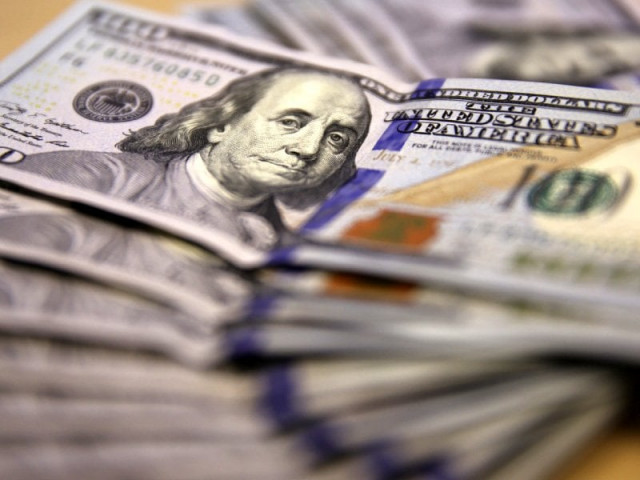Pakistan posts current account deficit of $47m in March
Country records surplus of nearly $1b in nine-month period of current fiscal year

Pakistan has reported the balance of current account in deficit – country's higher foreign expenditures compared to income – for the fourth successive month in March at a moderate $47 million, according to Pakistan's central bank.
On the contrary, the cumulative surplus in the current account balance improved close to $1 billion in the first nine-month period (Jul-Mar) of the current fiscal year after the concerned authorities revised related data for the previous months.
To recall, the current account surplus had reduced to $881 million in the first eight months ended February 28, 2021. The surplus should have reduced with another deficit of $47 million in March. However, the cumulative surplus increased to $959 million in the first nine month ended March 31, 2021.
Pakistan reported a moderate deficit of $47 million following the country received eight-month high workers' remittances at $2.72 billion and export earnings further improved to $2.61 billion in March 2021.
The current account balance had stood in surplus at $50 million a year ago in March 2020.
Similarly, an outstanding growth of 26% in workers' remittances to $21.47 billion in the nine-month period extended much needed support in keeping the cumulative current account balance in surplus at $1 billion during Jul-Mar FY21.
The cumulative current account balance had stood in deficit at $4.15 billion in the same nine months (Jul-Mar) of the previous year.
The Covid-19 pandemic proved to be a blessing in disguise for Pakistan's external economy. It provided an opportunity to attract higher workers' remittances through proper banking channels and helped crushing the illegal hawala-hundi system in the wake of partial suspension of international travelling, experts said.
Besides money smugglers, some of the non-resident Pakistanis also used to bring hard cash along with them when they visited Pakistan occasionally.
Moreover, worsening of health crisis in India, Bangladesh and initially in China as well helped Pakistan in attracting higher export orders – particularly of textiles – as the country had efficiently managed the previous two waves of the pandemic which attracted world buyers towards Pakistan, they added.
The health crisis has been worsening under the third wave in the country. State Bank of Pakistan (SBP) Governor Reza Baqir has, however, said recently that Pakistan's economy would tackle the third wave successfully since its economic indicators stood much improved while entering the third wave compared to weaker ones at the times when the first wave hit the country about a year ago in February-March 2020.
He expressed confidence that the country would manage to achieve the projected economic growth of 3% in FY21 despite the third wave, disagreeing with International Monetary Fund's (IMF) estimate of 1.5% growth in the economy this year.
For instance, the large scale manufacturing (LSM) posted a growth of 9% in January (before the third wave of Covid-19) compared to negative growth of 5.7% in the same month of last year when the first wave hit the country, Baqir recalled.
SBP data suggested that exports improved to $18.70 billion in the nine-month period compared to $18.28 billion in the same period of last year.
Imports, however, surged notably to $37.36 billion in the under review period compared to $34.14 billion in the corresponding period of FY20.
On the other hand, export of services inched up to $4.7 billion in the nine months compared to $4.35 billion in the same period last year.
However, import of services reduced significantly to $5.73 billion in the nine-month period compared to $7.20 billion in the corresponding period, helping the current account balance to remain favourable to the domestic economy.


















COMMENTS
Comments are moderated and generally will be posted if they are on-topic and not abusive.
For more information, please see our Comments FAQ